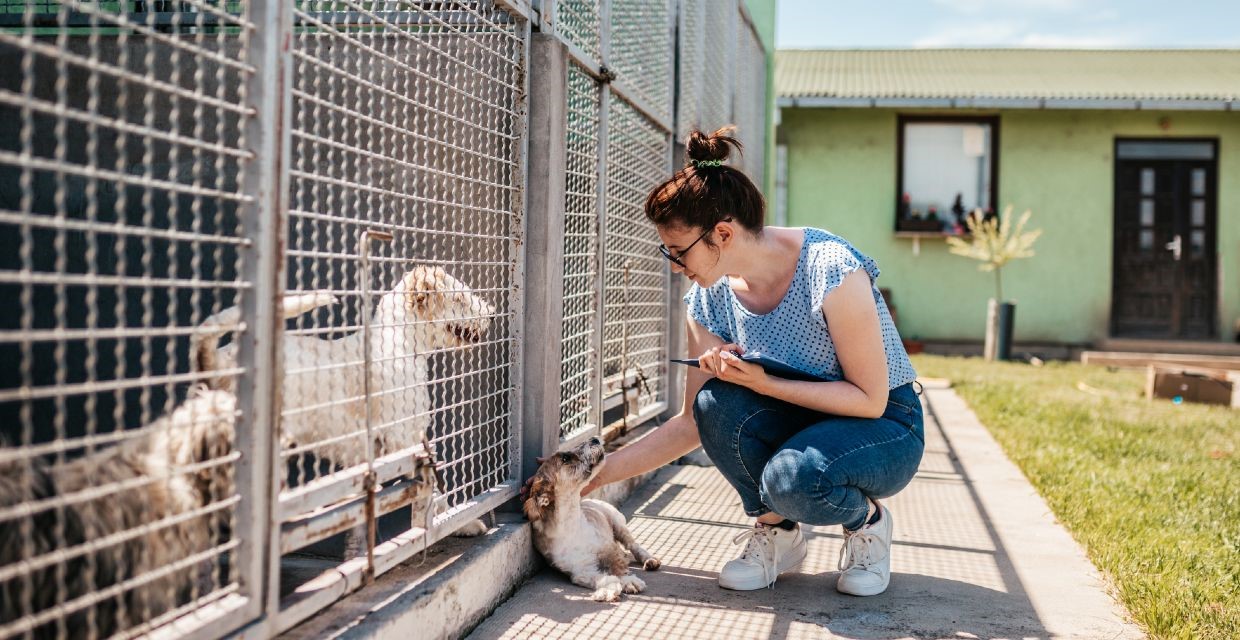You may be considering becoming a foster parent for a pup. Before deciding to become a foster parent, there are multiple things you need to consider, like if you have the time to help a dog adjust.
What does it mean to be a foster parent to a dog?
Being a foster parent just means you’re looking after the pup for a short period rather than committing to a long term arrangement like adoption. You may be helping a rescue get ready for their forever home, supporting a service dog’s training or just helping an owner when they can’t care for their pup.
Why should you consider fostering a dog?
There are many reasons you might consider fostering a dog. Still, it’s always good to weigh up the pros and cons before making a decision.
Pros and cons of foster parenting
The benefits of becoming a dog foster parent:
- Test out pet ownership - If you’re not sure if you and your family are ready to adopt a pup, then fostering is a nice way to test the waters
- Help people and pups in need - Foster parenting a dog helps support the local shelter or rescue, which helps the broader community
- Help a pup through training - You may choose to foster a dog going through service dog training
- The pups! - The best part of fostering is getting to enjoy all the love that puppies have to give.
Some other things to consider
- Emotional attachment - You and your family can become emotionally attached to the pup, making the goodbye hard
- Dogs may have issues - Rescue dogs often come from troubled past, and you don’t always know what they’ve been through, which can make them difficult to handle
- Training can be hard - There will likely be training involved once you have the dog. This training will vary depending on the dog but will be time-consuming.

What’s the criteria for fostering a dog?
Each shelter, rescue or other organisation that offers to find foster families for dogs will have specific criteria. Some basic criteria include:
- Be over 18 years of age
- Complete a foster application for your chosen organisation
- Have a valid drivers licence
- Live in the area the organisation is located
- Be able to offer a safe and secure environment for the dog (mostly indoors)
- Other animals in the home must be well socialised and friendly to other animals
- Be able to isolate the foster animal from other animals in the home
- Be able to commit to fostering a dog for the period set by the organisation
- In some cases, there may be terms about the age of children in the home
Whatever reason you consider fostering a pup, the best part is you’re helping your local community by supporting your local shelter or rescue organisation.
























